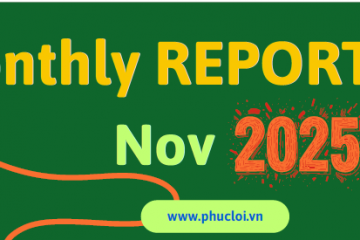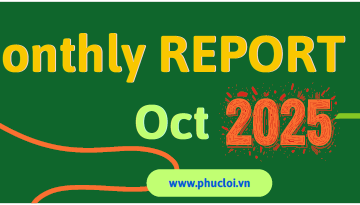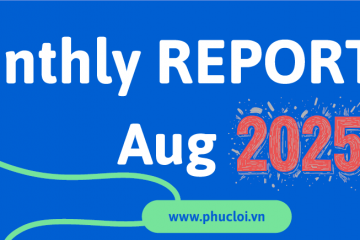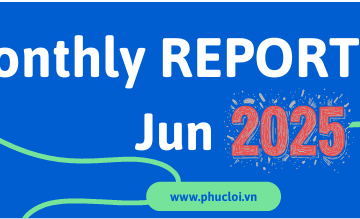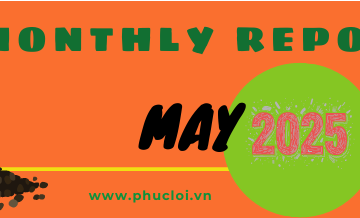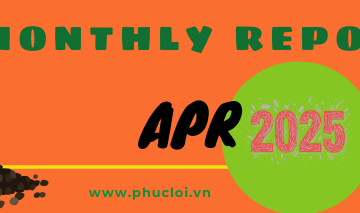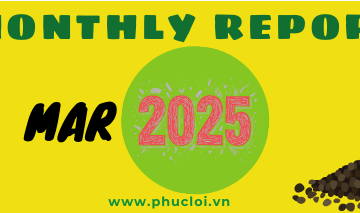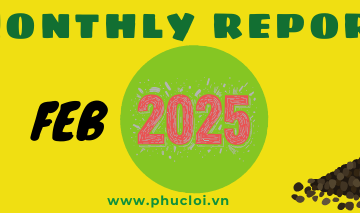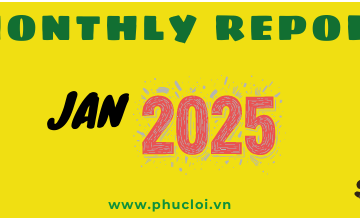Warning about trade fraud in some Middle Eastern countries
The Ministry of Industry and Trade recommends that Vietnamese enterprises when dealing with foreign enterprises must be cautious and carefully negotiate payment terms to ensure the safest.
According to a report of the Vietnam Pepper Association (VPA), recently, businesses that are members of the VPA have traded and exported agricultural products to the Middle East, including pepper, cinnamon, anise, and cashew nuts. . However, the companies said the transactions showed signs of commercial fraud from the same buyer and same bank in the Middle East.
According to the payment terms specified in the contract, all shipments are paid in accordance with the payment collection (D/P) terms. This means that the original documents will be transferred by the Seller’s bank to the Buyer’s bank, then the Buyer will pay the Buyer’s bank. After the Buyer’s bank receives the full amount, it will simultaneously transfer the money to the Seller’s bank. Only then, the Buyer’s bank is allowed to hand over the original documents to the Buyer to receive the goods.
However, if the Buyer’s bank has not transferred the funds to the Seller’s bank, then the Buyer will not be able to obtain the original set of documents for collection at the port. Thus, the above transactions have signs of fraud occurring at the bank where the Vietnamese company sent the D/P documents. These bank officials may be involved in this case.
Immediately after receiving the notice of the above units, the Ministry of Industry and Trade (Africa Market Department) sent a Note to the relevant Embassy and requested the Embassy to notify the competent authorities. relevant authority to consider and handle the case. The Ministry of Industry and Trade had an urgent meeting, including the embassies of related parties, representatives of the following units: the Central Bank of Vietnam, the Vietnam Pepper Association, the Import-Export Department and the enterprises that are the owners. export shipments to the Middle East. The Ministry of Industry and Trade has directed the Vietnam Trade Office in the Middle East to soon handle the above case.
In order to avoid unfortunate losses, the Ministry of Industry and Trade advises businesses on transactions of payment vouchers… in high-risk markets as follows:
Currently, the situation of fraud in some markets in the Middle East has appeared more than before, mainly concentrated in small-scale trading companies. The most common form of fraud today is that foreign businesses when signing sales contracts with Vietnamese companies often ask for TT payment terms or issue checks to the mortgage seller. These are the two most risky forms. Specifically:
– TT payment later: That is, the buyer will receive the goods and then pay the seller.
– Issuing a check valid for a certain period of time and then handing it over to the Pledged Seller. This method has many risks as the Buyer issues a check with no money in the account; The Seller cannot go to the Buyer’s bank to receive the money because there is no identification card. The Seller also cannot check the Buyer’s account information because Banks in some Middle Eastern countries do not provide customer information to 3rd parties.
Therefore, the Ministry of Industry and Trade recommends that Vietnamese businesses when dealing with foreign businesses need to be cautious and carefully negotiate payment terms to ensure the safest. Payment methods such as opening LC, or business representative to deliver documents and receive money.
The D/P payment method is also safer than TT payment and check, but note that the seller’s banks when transferring documents to the buyer’s bank must ensure safety, to avoid accidents. As the cases mentioned above, due to the fact that the delivery of documents and receipt of documents (Bank security staff) did not sign for receipt, leading to the fact that the bank security staff delivered documents to the buyer to receive the goods. Buyer fails to pay Buyer’s bank to pay Seller’s bank.

